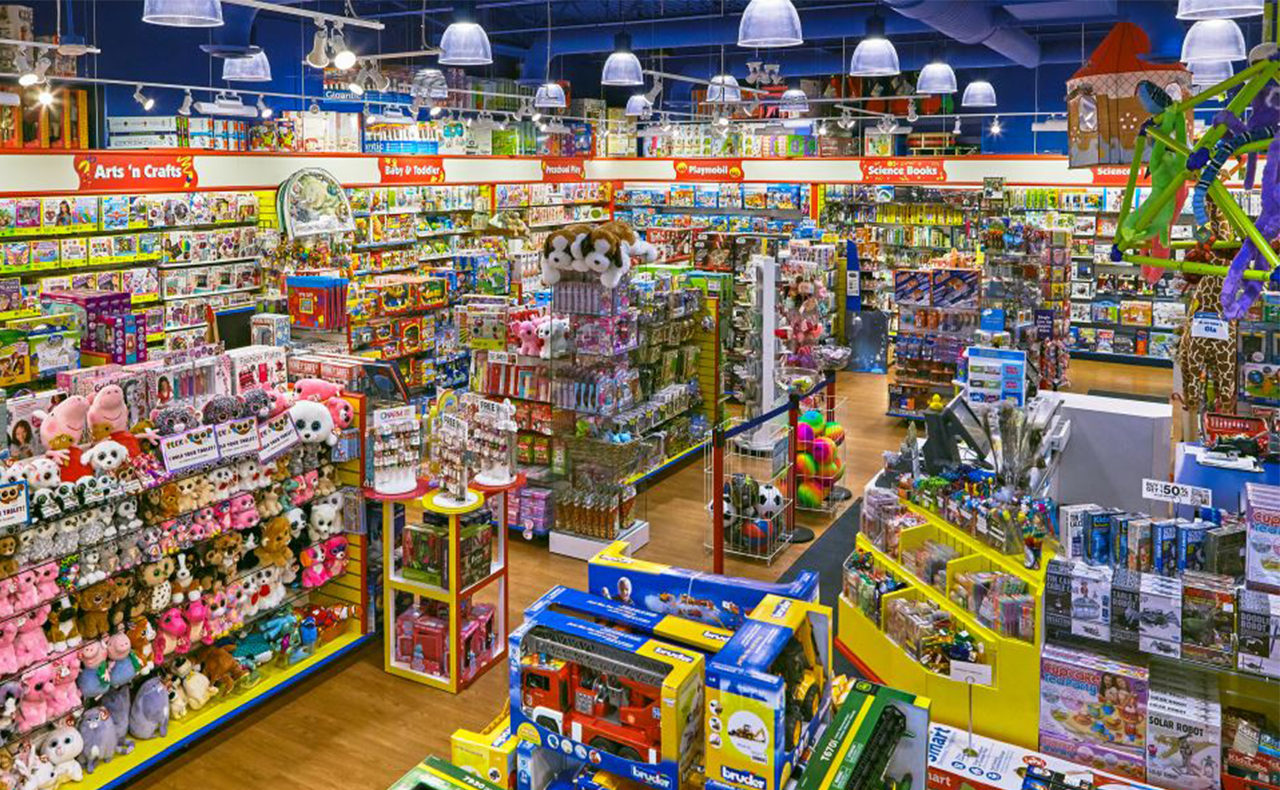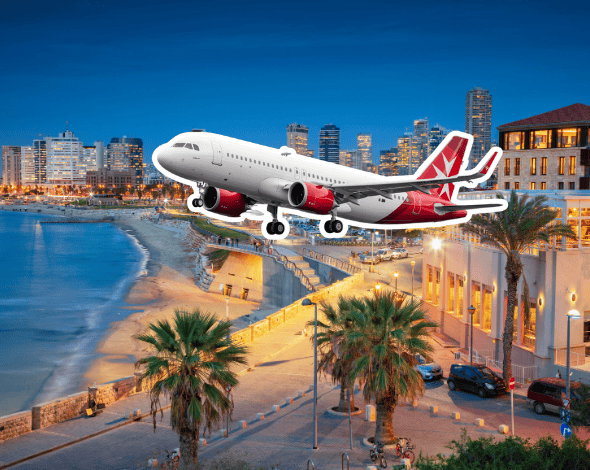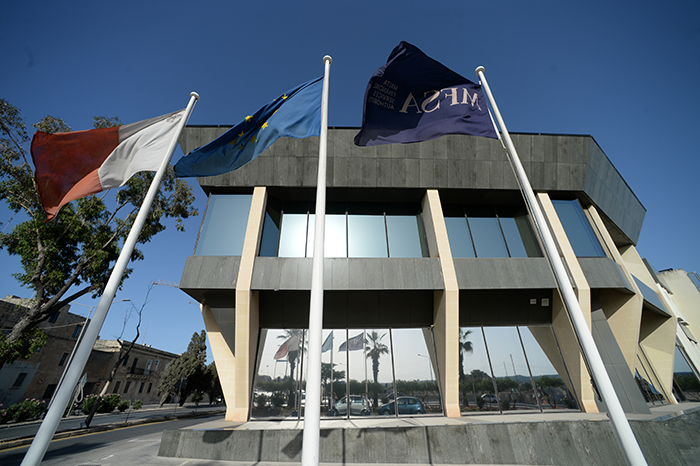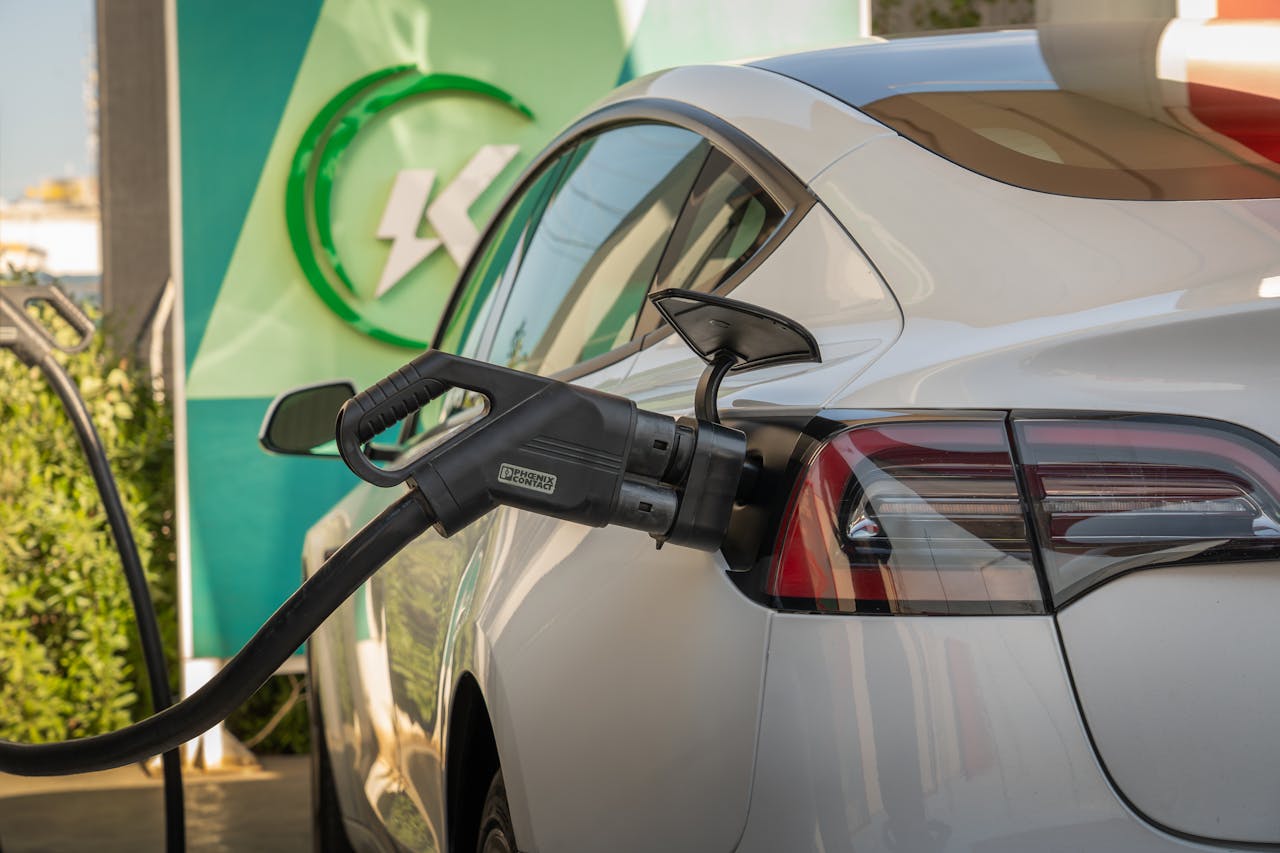As the Christmas season approaches, toy shops should be gearing up to welcome shoppers with the latest trends in children’s games and products. However, just as it looks like Malta has put COVID-19 behind it, the global supply chain crisis is having a significant impact on the stock of toys consumers can expect to find on shelves.
Information published by the Central Bank of Malta last week showed that 39 per cent of local businesses had increased their prices during the third quarter on 2021. However, almost two-thirds experienced higher costs, meaning consumers may face further increases over the last three months of the year.
The increase in costs is a multifaceted issue involving COVID lockdowns and a slow restart to manufacturing even as demand climbed ever higher, and rising labour costs. However, one key element leading to higher prices on shelves around Malta and Europe is an almost five-fold increase in the rate for a basic 40ft container to be shipped from China to Europe – from €2,900 to €14,000.
To find out whether shipping issues may leave Maltese children with a lump of coal for Christmas, BusinessNow.mt reached out to two leading toy suppliers and asked whether global logistics might have an impact on Rudolph and his reindeer friends’ famed efficiency.
Stephania Buhagiar, marketing and commercial executive at John G. Cassar, better known to consumers for its Junior’s subsidiary, a popular toy shop with four outlets around the island, explains more about the situation.
“Shipping from the Far East has more than quadrupled,” she says. “Additionally, since we also get shipments from the UK, due to Brexit we are also incurring duty charges which contribute to higher freight costs.”
Joseph Rizzo, general manager of leading toy importer and distributor Emmanuel Said Ltd (ESL) Gross Market, which operates under the Toys Malta brand name, was even more blunt.
“Freight from the Far East is crazy. It’s beyond belief!”
Ms Buhagiar is not concerned about empty shelves similar to what is being seen in the UK, despite the delays being experienced. “It is more about having a smaller selection than previous years,” she says.
Likewise, Mr Rizzo dismisses the idea of shoppers being welcomed by empty shelves in toy stores. “Empty shelves? You can’t have empty shelves. You’d be driving away customers. You’d be killing businesses.”
However, both Ms Buhagiar and Mr Rizzo are open about the fact that these cost pressures mean an increase in consumer prices.
“There’s a shortage of primary resources and a shipping crisis that is hampering global trade and that shipping experts say will continue through to 2022. So it is highly likely that prices will continue going up,” says Ms Buhagiar.
Mr Rizzo agrees: “I don’t think things will go back to normal any time soon. We have no idea how long the situation will continue, and we have no way to solve it. We have no indication that prices will fall anytime soon.”
He explains that ESL “import a lot”, and that “just about every single thing” has experienced an increase in price by around eight to 10 per cent.
“Prices are simply going up like crazy,” he affirms.
Back in January, Claude Calleja from the eSkills Malta Foundation had warned that those “companies that rely on a few suppliers in a particular region can face extreme supply chain disruptions”, while Abigail Mamo, CEO of the Chamber of SMEs, said in May that Malta’s dependence on maritime importation means that the supply chain for all kinds of products has a single point of failure.
“Other countries have domestic manufacturing, or they can switch to other types of delivery methods to mitigate the impact. Malta on the other hand is sorely dependent on imports, and maritime imports in particular,” she said.
Echoing comments made by importers months ago, Mr Rizzo explains that the old shipping protocols were thrown out as long-term relationships got disrupted by the precipitous increase in price.
“We used to be able to deal with shippers on costs. Now, you have to pay what they ask or you don’t get anything delivered.”
Asked how they are dealing with these challengs, Ms Buhagiar explains that John G. Cassar is stockpiling certain products in its key lines and investing in warehousing.
For Mr Rizzo, however, bulk buying will not solve the issue. “We always get full containers. If we get five full containers instead of one, we’ll simply be paying €14,000 multiplied by five. There’s no discounts to be had – so there’s no price gains in buying larger quantities.”
What about buying from nearby European countries? “Even if you try to get products from Europe, you can’t avoid the increase in prices,” asserts Mr Rizzo. “They’re in a similar boat – if you’ll excuse the pun. They’ve raised prices too.”
The best solution might be that being proposed by The Malta Chamber, which wants local authorities to obtain a derogation from EU state aid rules so as to allow the state to extend financial support to operators based in Malta due to the permanent disadvantages linked to operating from an island state.
In comments made to BusinessNow.mt earlier this month, Brian Muscat, CEO of Multi Packaging and chair of the Economic and Manufacturing Committee within The Malta Chamber, explained that EU state aid regulations do not allow nation states to give state aid in the case of transportation costs, but do allow other peripheral regions forming part of a state to offer assistance.
“This puts Malta at a disadvantage,” he said. “That’s why we need to show that our peripherality as a micro island state is leading to extra costs and loss of competitiveness”.
Whether the EU will allow the Maltese Government to grease Santa’s sleigh remains to be seen, but for kids around Malta, the important thing is that the shelves are stocked and ready to be explored as they prepare their Christmas wishlist.
KM Malta will start flying to Tel Aviv this summer
New route announced as part of KM Malta Airlines' largest summer schedule to date
Why the MLRO role matters more than ever
Matthew Scicluna and Eric Micallef from the MFSA’s Financial Crime Compliance function, shed light on the MLRO Guidance document
New EV leasing mechanism introduced for businesses
The arrangement will support the leasing of zero-emission vehicles without impacting the De Minimis State aid limits of leasing companies






